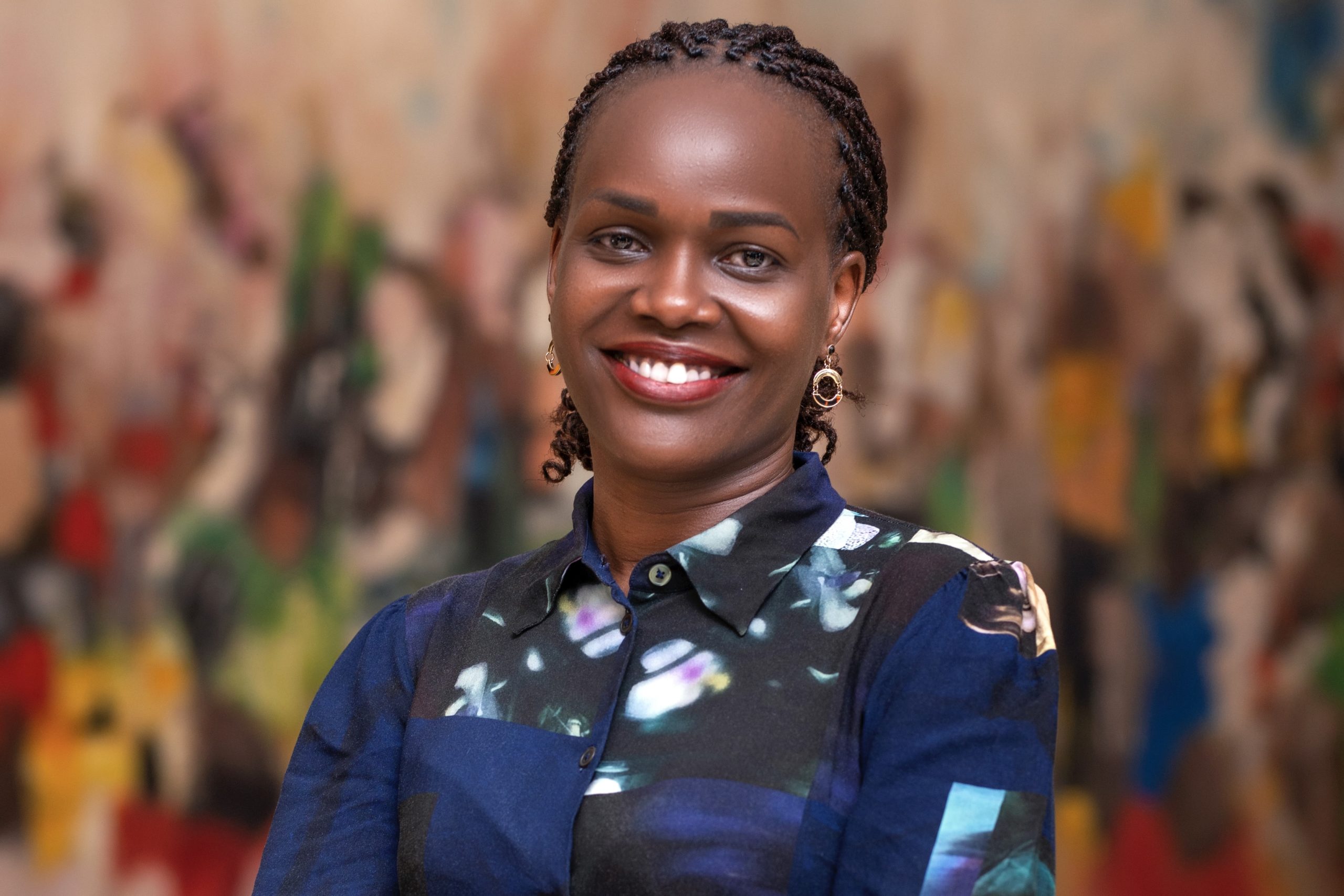Prime
Coronavirus: A litmus test on global leadership

LILLIAN MWOREKO
What you need to know:
- Confined. Children, the elderly, the marginalised and vulnerable people are going to be made more vulnerable, the reason I think global leaders cannot just shy away by shutting down the system but they need to convene to give us hope.
The year was 2000 when the world was expected to end, we were shocked and wrong! We could have mistaken 2000 for 2020.
When the UN Secretary General cancelled the Commission on the Status of Women (CSW) last week, I thought and said women again are out, I hadn’t realised the magnitude of the problem.
The Queen of England, if not social media hearsay, has cancelled Chogm that was meant to happen in June in Kigali. As a community of woman, I would have expected her to bring Chogm closer so that her cream – the Commonwealth Heads of State – sit together to find a solution for their citizens.
On Wednesday, the Annual Conference on Retroviruses and Opportunistic Infections (CROI), the biggest scientific conference, ended virtually after the announcement was made last-minute with most delegates already on the way, travelling.
I was very confident and ready to go to the conference by all means and was of the impression that scientist were working around the clock to make sure that they find a solution to the problem and may be this would be an opportunity to together get a solution first - I was still in my dream world!
India is the medical tourist centre, just like Rome, Israel and Mecca are religious tourist centres. India won’t allow anybody to travel there even if you have running visas, so where do Africans run to for medical attention?
Rome is a no-go zone. Pilgrimages are, I hear, suspended.
We are being told to stay put indoors, wash, wash, wash, clean, clean, and clean. The dos and don’ts are too many for anybody and yet there are no do’s by our governments and leaders.
This week, I visited one corporate organisation and one school, where before entering, one had to be disinfected but without being told why. Why are we disinfecting anyway? This is good, but let it be complemented with information so that people can be sensitised and learn to do it when they go back home.
I have also bought my sanitiser now, but who is talking about sustainability of this behaviour change and how and with what resources? If India and China are no-go areas and yet they are the biggest suppliers, where will the refills come from?
If all we are getting is stay indoors and avoid gatherings, what about those whose jobs are in the clouds? Who puts bread on their table until then?
A friend told me that streets in California and New York are dry, stores and supermarkets are empty and people have stocked food in their houses and are not leaving their homes. Who will get us stocks when they run out?
I am not done yet because I worry for the community of women living with HIV and others that have terminal illnesses who even when they want to remain indoors may not be able to as they need medical attention and may have to move.
What is the message for such people? What are we saying to them and/or doing in terms of planning for regular stock?
World Health Organisation (WHO) before you cancel the World Health Assembly, first convene your expert scientists, talk to the Queen of England to bring back her cream heads of state, let the world giants, USA and China, get their troops to join you and as women we are ready to join you so that we get short-term measures to keep people alive as the long-term solution is secured.
Many are confined and not sure of what next. Children, the elderly, the marginalised and vulnerable people are going to be made more vulnerable, the reason I think global leaders cannot just shy away by shutting down the system but they need to convene to give us hope.
There is a lot to learn from other epidemic like HIV. Seize the opportunity as soon as now as that is something that can be lent to coronavirus before they too cancel the Aids conference in July. This also seems the right time for communities, advocates and activists all over the world to join hands and demand for more and action.
Together we can win the battle!
The writer is executive director, International Community of Women living with HIV Eastern Africa (ICWEA)




